William Redfield
Born January 26, 1927 in New York City, New York, USA
Died August 17, 1976 in New York City, New York, USA (leukemia and respiratory ailment)
Birth Name William Henry Redfield
Height 5' 9¾" (1.77 m)
Manhattan-born thespian William Redfield was influenced early on into an acting career as the son of an orchestra conductor and a former Ziegfeld Follies girl. Born on January 26, 1927, young "Billy Redfield" made his Broadway debut in "Swing Your Lady" in 1936 at the age of 9. Within a few years, the young boy was also heard on radio and appeared in his first movie, the crime drama Back Door to Heaven (1939). As a juvenile, he continued on Broadway with such productions as "Our Town" (1938) and "Junior Miss" (1941). In subsequent years, Redfield would become one of the original founders of the famed Actor's Studio.
Gainfully employed on stage and TV throughout the 50s, he starred in a short-lived series as Jimmy Hughes, Rookie Cop (1953) (which appeared on the early Dumont Network) in 1953 and followed it up the next year with the one-season show The Marriage (1954), which has the distinction of being the first live network series to be regularly broadcast in color. An exceptionally talented writer and speaker, he co-created the Mister Peepers (1952) sitcom in the 50s, wrote the theater play "A View with Alarm" and later published his memoir, "Letters From an Actor", which recalled his experiences playing Guildenstern in the 1964 theater production of "Hamlet" starring Richard Burton and directed by John Gielgud. Other Broadway fare included "Misalliance" (1953), "Midgie Purvis" (1961) which starred Tallulah Bankhead, and "A Man for All Seasons" (1961) with Paul Scofield. In 1968, he replaced George Grizzard in the popular "You Know I Can't Hear You When the Water's Running".
Redfield also stretched his visibility with audiences as a highly candid, warmly-received raconteur on the talk show circuit. He certainly didn't mince words as he described the ups and downs of the acting profession. It wasn't until the late 60s that Redfield started making a dent in film with roles in such popular screen fare as Morituri (1965), Fantastic Voyage (1966), A New Leaf (1971), Such Good Friends (1971), The Hot Rock (1972), and For Pete's Sake (1974), usually playing intense, unsympathetic parts.
Redfield finally hit the big time in the third-billed role of "Harding", the tense, logical, but high-strung mental patient opposite Jack Nicholson's "Randall McMurphy" in the Oscar-winning One Flew Over the Cuckoo's Nest (1975). What should have been the start of an enviable film support career and making a name for himself turned out to be nearly his swan song. Redfield died of leukemia the following year at the age of 49. His son, Adam Redfield, who was born in 1960, also became an actor on stage and TV.
- IMDb Mini Biography By: Gary Brumburgh
Spouse (2)
Lynda Helen Bright (26 February 1971 - 17 August 1976) ( his death)
Betsy Meade ( divorced) ( 2 children)
Trivia (7)
Father of actor Adam Redfield.
Friend of Marlon Brando.
During the filming of One Flew Over the Cuckoo's Nest (1975), fellow actor and real-life psychiatrist Dean R. Brooks diagnosed Redfield with leukemia (this was long before the days of bone marrow transplants) and gave him 18 months to live. Redfield died 18 months later, pretty much to the day.
Played Guildenstern in the 1964 Richard Burton Hamlet (1964) directed by John Gielgud, which premiered in Toronto, was previewed in Boston and opened on Broadway on April 9, 1964 and closed on August 8, 1964 after a total of 137 performances, thus breaking the record set by John Barrymore, who himself had broken Edwin Booth's record. Burton was nominated for a Tony Award for Best Actor in a Play 1964 while Hume Cronyn won a Tony as Best Featured Actor in a Play as Polonius.
Redfield wrote a memoir of the 1964 stage production of Hamlet (1964) directed by John Gielgud and starring Richard Burton that was captured on film. In "Letters from an Actor" (1967, Viking Press), Redfield -- who played Guildenstern -- said that his friend Marlon Brando had been considered the Great White Hope by his generation of American actors. That is, they believed that Brando's more naturalistic style, combined with his greatness as an actor, would prove a challenge to the more stylized and technical English acting paradigm epitomized by Laurence Olivier, and that Brando would supplant Olivier as the world's greatest actor. Redfield would tell Burton stories of Brando, whom the Welsh actor had not yet met. Refield sadly confessed that Brando, by not taking on roles such as Hamlet, and "betraying" his craft by abandoning the stage, thus allowing his instrument to be dulled by film work), had failed not only as an actor, but had failed to help American actors create an acting tradition that would rival the English in terms of expertise.
He starred in 83 episodes of the "CBS Radio Mystery Theater," which ran on CBS Radio from January of 1974 to December of 1982.
Father: Henry C. Redfield; Mother: Mareta A. George (former Follies girl).
Personal Quotes (3)
Let's face it. Movies are the swellest way to make money that ever happened in the history of the world.
[on Marlon Brando]: Brando, as a young actor, seemed bounded by no borders at all.
Acting is the most mortal of the arts. Like perishable foods, it must be taken fresh or not at all.
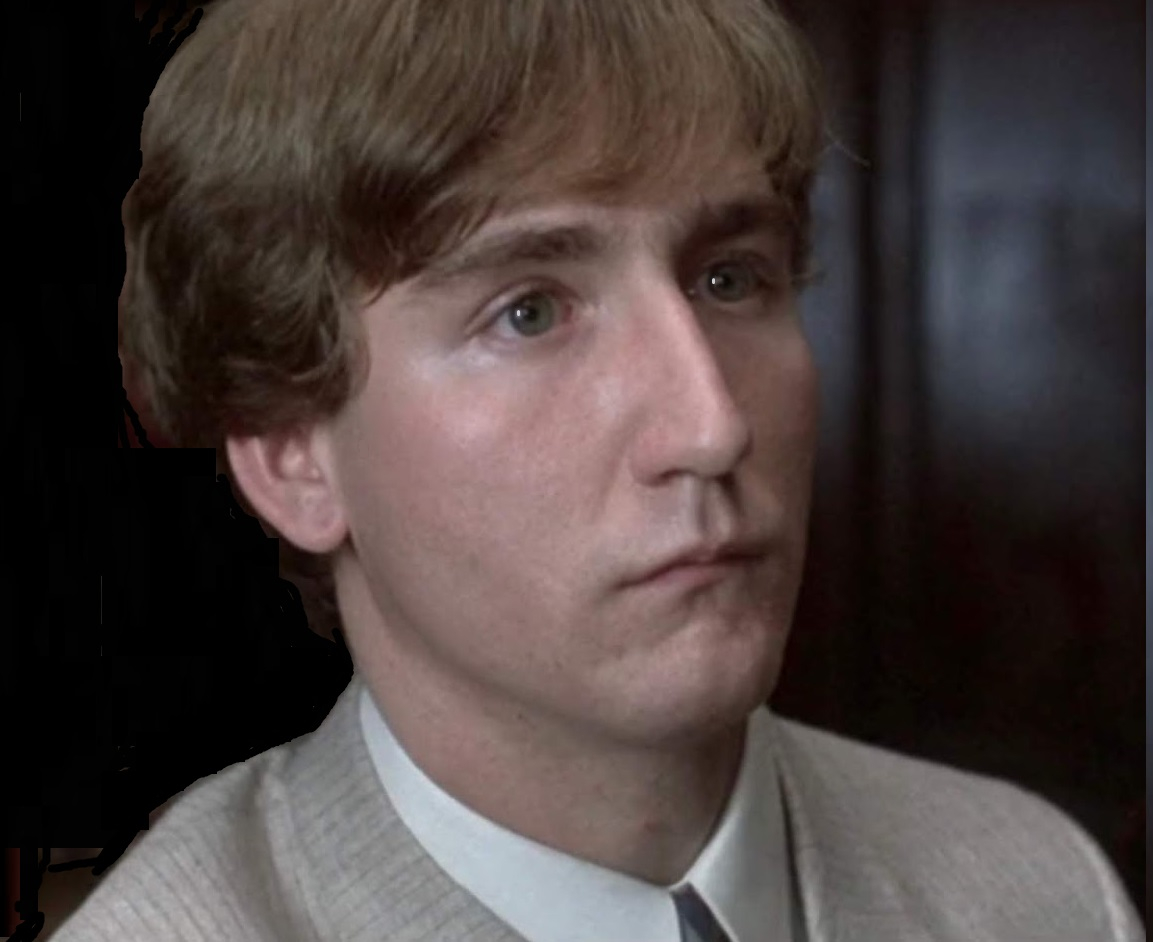
 Amanda S. Stevenson
Amanda S. Stevenson 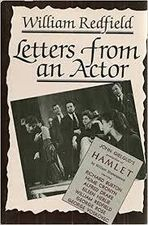
 Amanda S. Stevenson
Amanda S. Stevenson 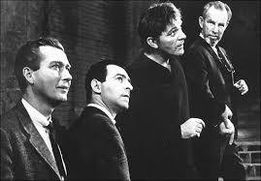
 Amanda S. Stevenson
Amanda S. Stevenson 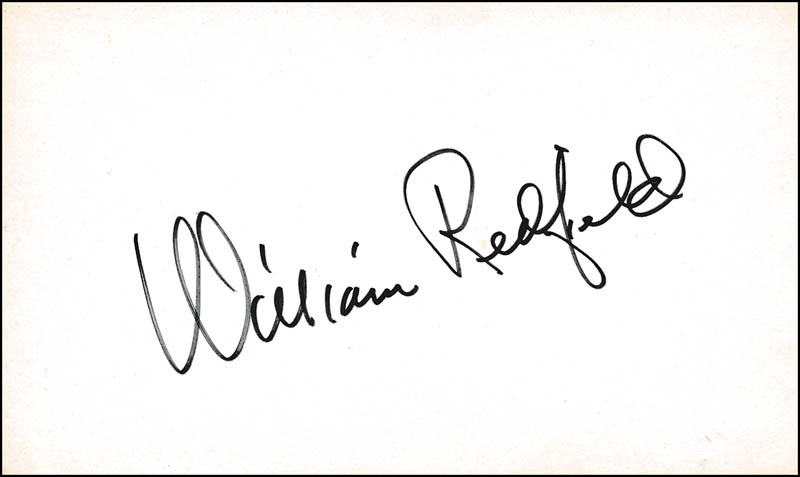
 Amanda S. Stevenson
Amanda S. Stevenson 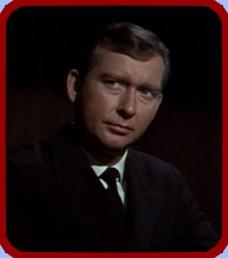
 Amanda S. Stevenson
Amanda S. Stevenson 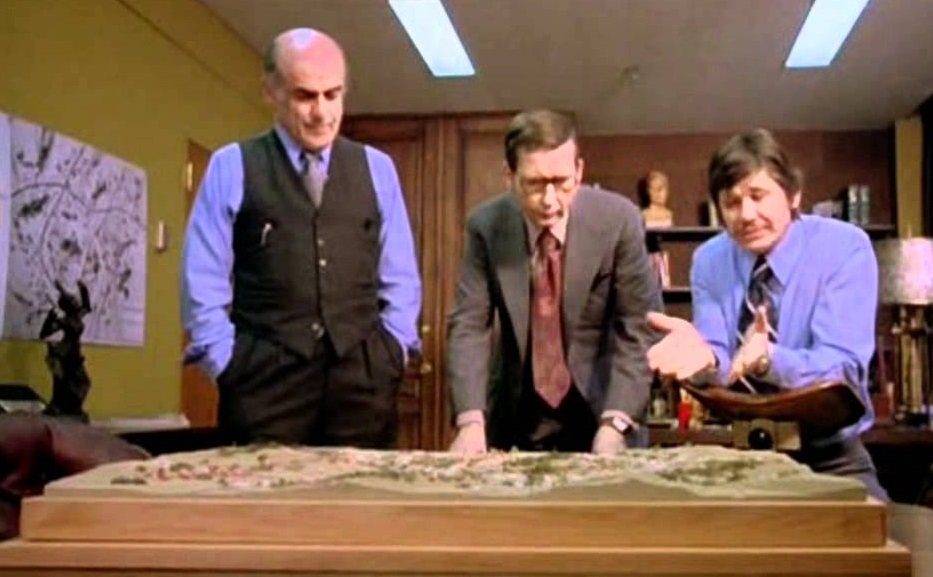
 Amanda S. Stevenson
Amanda S. Stevenson 
 Amanda S. Stevenson
Amanda S. Stevenson 
 Amanda S. Stevenson
Amanda S. Stevenson 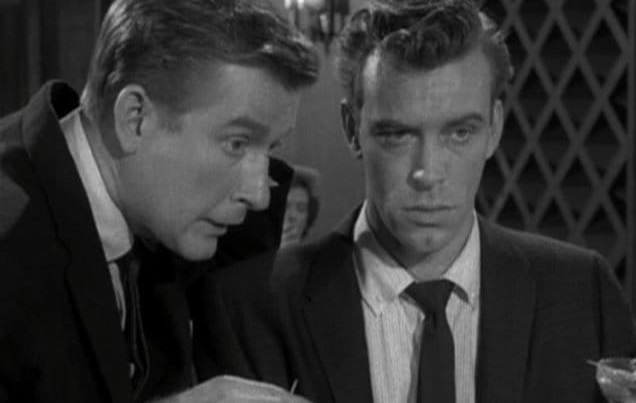
 Amanda S. Stevenson
Amanda S. Stevenson 
 Amanda S. Stevenson
Amanda S. Stevenson 